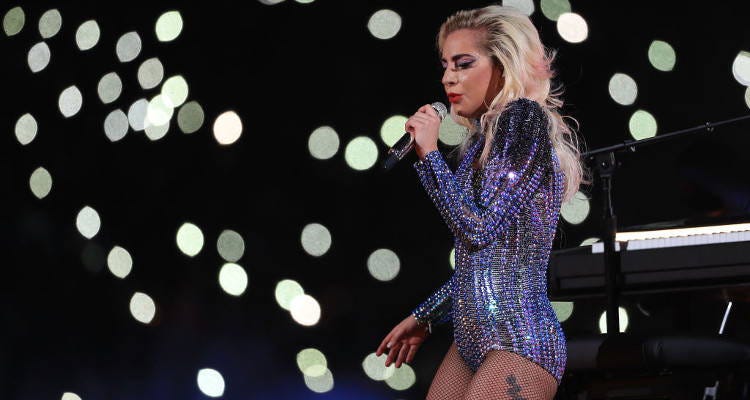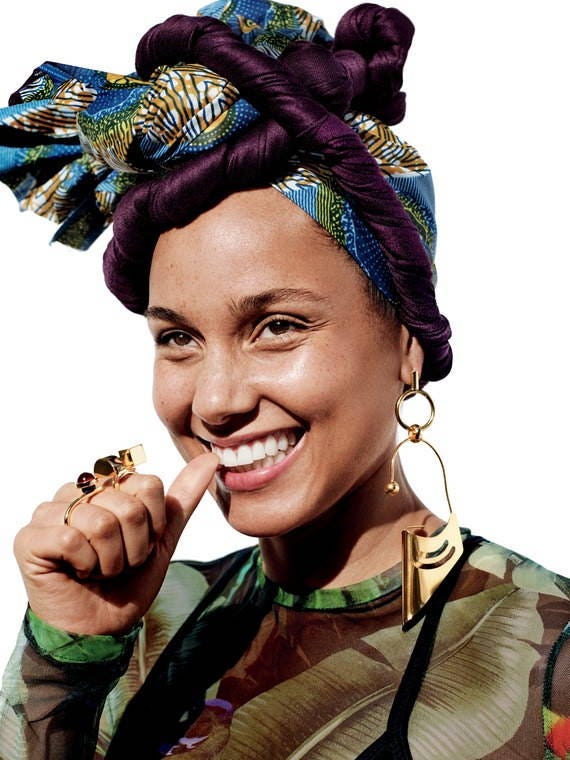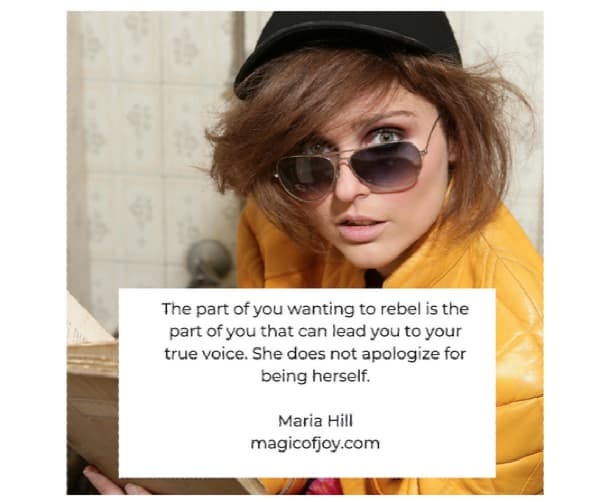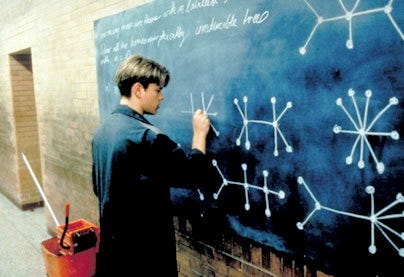High ability people experience both inner and social responses that may be self-limiting or even hurtful.
Unusually intelligent and creative people can enjoy many pleasures and benefits of their capabilities such as exceptional awareness, but for many of us there may be emotional challenges that go along with being neurodivergent, outside the norms.
A number of creative, sensitive, highly intelligent people feel like misfits.
Lady Gaga (photo above) for example has said she “felt like freak” in high school, and that she creates music for her fans who want a “freak to hang out with.”
She also said it took her a long time to be okay with how she is, and get beyond needing to fit in or be “like everyone else.”
She was identified as a gifted adolescent, and at age 17 achieved early admission to New York University’s Tisch School of the Arts.
From my article Identity and Being Creative.
As a teen and into adult life, I also felt like some kind of ‘freak’ or misfit, as many creative people report.
Have you had these kinds of feelings and self-judgments?
~~~
Therapist Sharon M. Barnes works with children, teens and adults who are creative, sensitive, intense, and often gifted people. She notes:
“Being aware of things that most people are not may lead to exciting AHA! moments. At the same time it can create questions of what’s real and what’s not when no one else sees what you’re seeing.”
One result, she says, is that “It may also carve a canyon of separation between the acutely aware person and others who are less aware.”
~~~
“I was kind of a misfit little kid and bullied at school.” – Sara Bareilles
A number of artists have found creative work is a way to express their unique personalities and talents, and feel accepted.
Not fitting in with others and feeling weird is a common experience for many of us.
(Photo: Singer-songwriter, actress and author Sara Bareilles made her Broadway performing debut as Jenna in the musical Waitress.)
More in my article Do you feel like a misfit as a creative person?
Being a Rebel
Both ‘freak’ and ‘misfit’ can have many negative connotations; what about ‘rebel’ as a more positive label or identity?
Musician Alicia Keys made some great comments about being a rebel and creative outsider:
“I love the concept of rebel… sometimes you will find yourself almost being told what you can’t do, what you shouldn’t do, what women don’t do, what women aren’t supposed to do.
“I find that to be just because people are totally and utterly fearful, and we are so, so incredibly capable to do everything that we can possibly imagine, and the things that we don’t even know that we can do, we can do that too.”
See more in article Thriving as an independent thinking creative maverick.
Maria Hill, Founder of Magic of Joy | Sensitive Evolution, writes:
"A rebel in general notices when something is ‘off.’ He or she notices some kind of dissonance, something that does not add up, something that does not work.
"It is your inner rebel that scans your environment for that kind of information...Another way of looking at it is that the rebel can help us see when something is out of touch with reality."
She adds, "In a way you could say that the rebel can provide a kind of groundedness to counterbalance the complacency that naturally occurs in society."
From her free ebook Reclaiming The Rebel.
~~~~~
Understanding Smart People
In an article of his, Samuel Kohlenberg, LPC, discusses his observations and experiences with profoundly gifted students and young adults.
“In my practice, I have been able to observe and experience how the world treats young adults with superior intelligence. At times it can be pretty heartbreaking...”
“You’re not allowed to talk about it. This is the message that brilliant people receive from the world.
“Because much of the world sees intelligence as a good thing, talking about it seems braggadocios, which is incredibly problematic.”
He goes on to write more about some of the problems facing gifted people:
“People with high IQs are outliers, and outliers are often a more difficult fit in many respects because the world is not made for them.
“You are different enough for it to be potentially problematic, but you are not allowed to acknowledge how you are different because to do so would be self-aggrandizing.”
Read more of his Davidson Institute article: Understanding Very, Very Smart People.
Photo: Matt Damon in the movie Good Will Hunting – from article Superhuman or Extra Intelligent? By Willem Kuipers – a section of his book “Enjoying the Gift of Being Uncommon.”
See more, including videos, audio and links to resources (such as The Let’s Talk 2e Adult Conference) in my article Challenged By Being So Smart.








